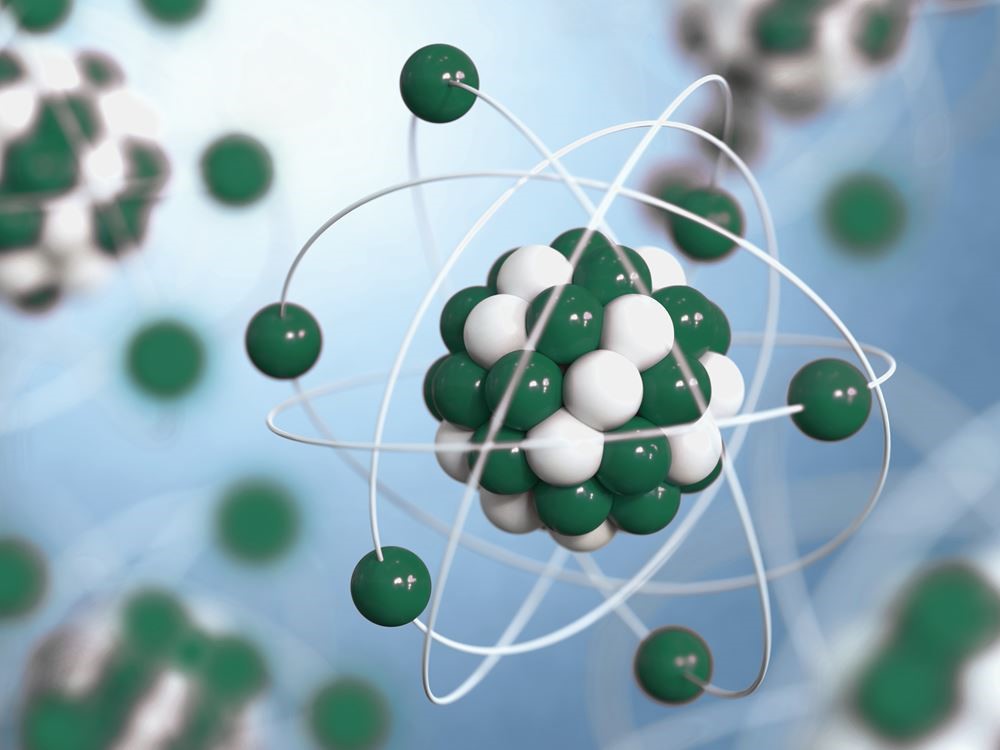
NQCC, Rolls-Royce and Riverlane partner to accelerate materials discovery
The National Quantum Computing Centre (NQCC) is partnering with Riverlane and Rolls-Royce to build computational tools to simulate large, complex materials on a quantum computer. The NQCC will engage other industry leaders exploring quantum computing use cases across their sectors and business models.
Building on existing algorithms research at Riverlane, The Quantum Accelerator for Materials Design (QuaMaD) project will drastically reduce the number of qubits (quantum bits) required for the quantum simulation of new materials.
Modern pharmaceutical, chemical and materials companies rely on simulation to develop new materials and medicines. But today’s classical algorithms often rely on heuristic approaches, which cannot simulate large molecules and ‘solid state’ materials with high precision, which are the materials used to build electronic components and devices. This is where quantum computers can help – but development is needed across the quantum computing stack and supply chain.
Earl Campbell, VP Quantum Science at Riverlane, explained: “Riverlane’s Quantum Error Correction Stack sits between the qubit and application layers of the quantum computing stack. By reducing the errors at the qubit level, it reduces the number of qubits required to run complex algorithms. We also need better algorithms to help reduce the number of qubits required and unlock applications simply not possible on a classical machine – such as the simulation of new materials.”
“The QuaMaD project addresses this challenge. It will allow materials design experts to benefit sooner from quantum computers and brings together industry experts in the NQCC and Rolls-Royce, who will help us gain deep insights into use cases valuable for the materials industry.”
Dr Simon Plant, Deputy Director for Innovation at NQCC, said: “The methodologies developed in this project seek to harness the power of quantum computing for industrially relevant applications in the fault-tolerant era. The NQCC is pleased to be working with Riverlane, industrial end users and Rolls Royce on identifying the relevant and valuable use-cases for materials simulations.”
Leigh Lapworth, Rolls-Royce Fellow in Computational Science, said: “With internal air temperatures reaching 2000oC, beyond the melting point of the materials we use, jet engines are a hostile environment for its components. Our current state-of-the-art materials have taken many years to develop, and we continually seek improvements in their properties to deliver more efficient engines.”
Lapworth added: “Quantum computing has the potential to revolutionise our ability to understand and design new materials and we are excited to extend our existing collaborations with Riverlane and NQCC into our first Quantum Chemistry project.”
The tools and knowledge developed in this project will be integrated into Riverlane’s Quantum Error Correction Stack, Deltaflow, for quantum computers. The QuaMaD project is funded by the Innovate UK, which aims to solve problems of interest for leading technology businesses and identify the value and promote the adoption of quantum computing in key sectors of the UK economy, in line with the UK National Quantum Strategy objectives.